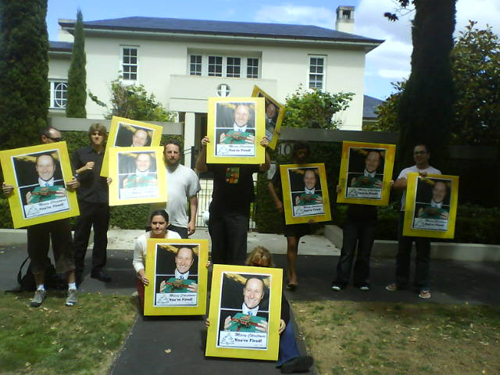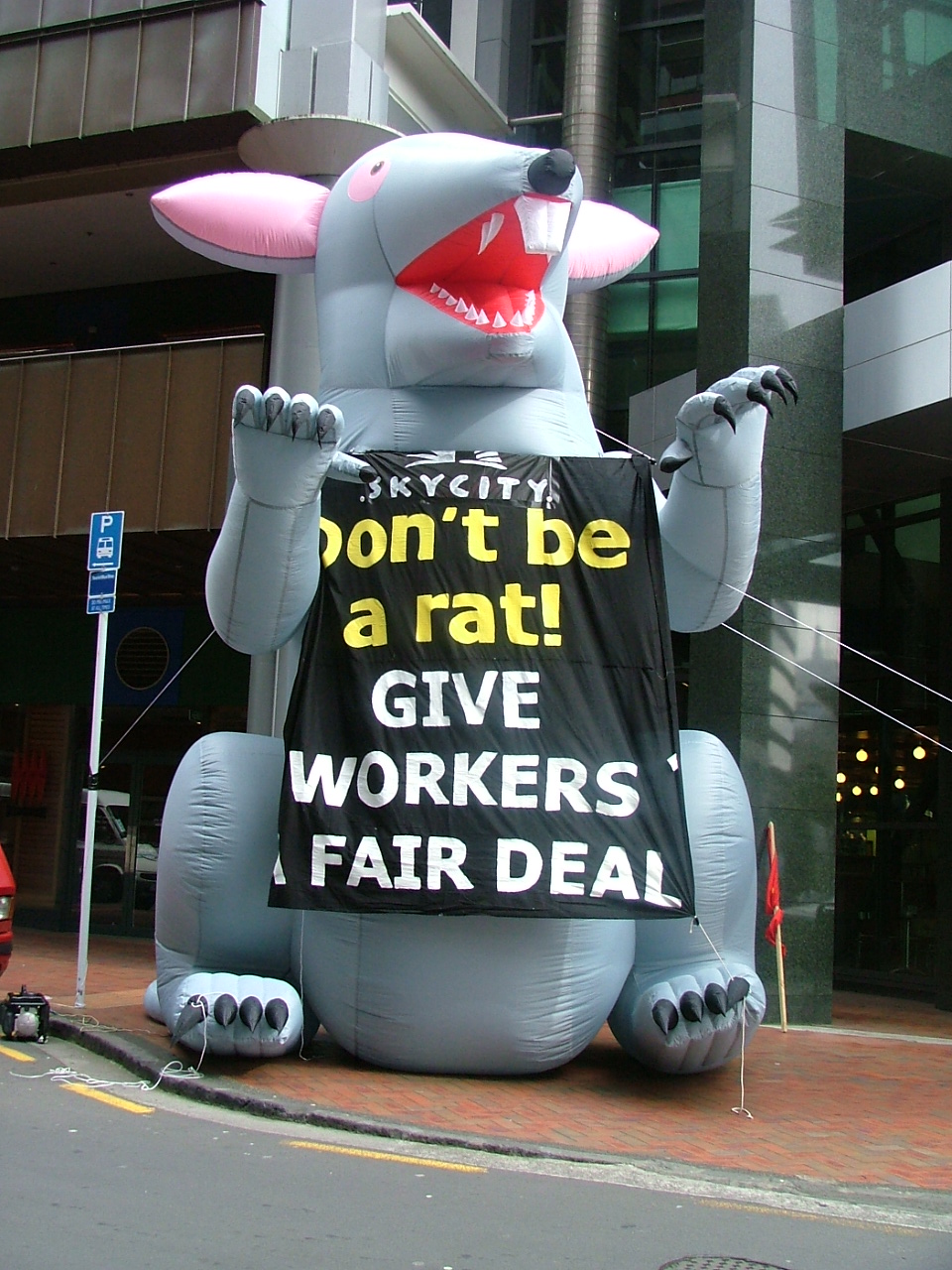Yesterday Rob Gilchrist, who had moved in activist circles for many years, was outed as a spy in a feature article in the Sunday Star Times. Ironically Gilchrist was sprung by his girlfriend who discovered suspicious emails while helping him sort out some computer issues.
Gilchrist had spent a decade spying on an assortment of protest and activist groups, including the Workers Party. As far as we are aware he was forwarding to the police WP discussion emails for around 10 months in 2003-2004. He was taken off the party discussion group on 1 March 2004.
We reprint below an article on the expansion of the state’s snooping powers from The Spark 9 February 2005.
Civil rights fast disappearing
-Daphna Whitmore
Allegations in 2004 that the Secret Intelligence Service have been spying on political figures, including Maori Party co-leader Tariana Turia, have been met with loud denials from the Prime Minister. As much as Ms Clark would like the public to think the allegations are preposterous it wouldn’t be the first time the SIS has gone beyond its extensive powers.
In 1996 an SIS agent was caught carrying out an illegal break-in and burglary of the home of political activist Aziz Choudry. A court later awarded Mr Choudry compensation for the illegal actions of the SIS. The government then promptly passed a law to legalise such break-ins, giving the SIS further powers to carryout home invasions. It was one of many instances in recent years where civil rights have been abolished in the name of “national security”.

 A dozen activists from Socialist Aotearoa, the Workers Party and the Greens protested outside John Key’s house today, against the passing of the 90-day bill. The new law which comes into force in March 2009 gives small employers the right to sack staff in the first 3 months without legal redress.
A dozen activists from Socialist Aotearoa, the Workers Party and the Greens protested outside John Key’s house today, against the passing of the 90-day bill. The new law which comes into force in March 2009 gives small employers the right to sack staff in the first 3 months without legal redress.
